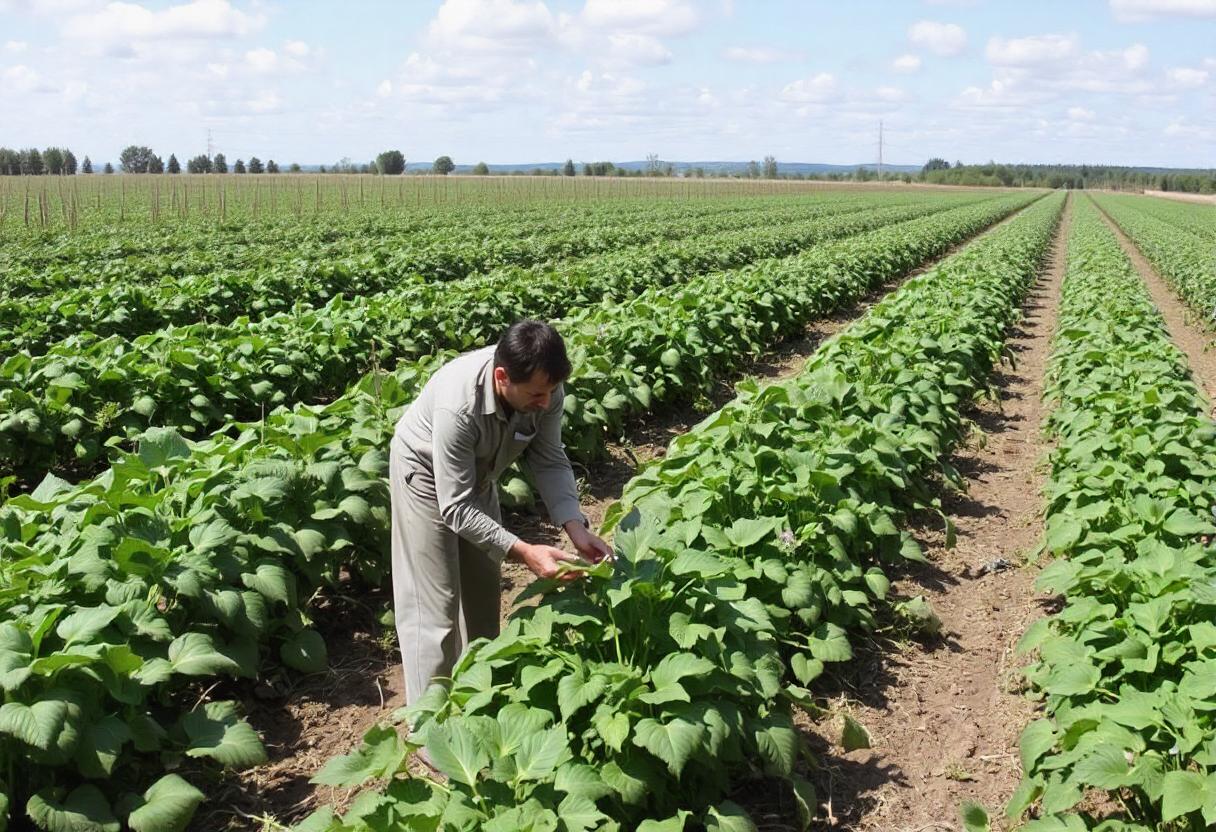
Genetically Modified Organisms (GMOs) are living organisms whose genetic material has been altered using genetic engineering techniques to introduce new traits or characteristics. This practice has revolutionized agriculture, medicine, and biotechnology, but it also continues to be a subject of debate regarding its impacts on health, environment, and society.
Agricultural Practices
In agriculture, GMOs have been primarily used to enhance crop yields, increase resistance to pests and diseases, and improve tolerance to environmental stresses such as drought. Common GMO crops include Bt corn and Roundup Ready soybeans. Bt corn contains a gene from the bacterium Bacillus thuringiensis, which produces a protein toxic to certain pests, reducing the need for chemical pesticides. Roundup Ready soybeans are engineered to be resistant to glyphosate, a broad-spectrum herbicide, allowing farmers to control weeds more effectively.
The use of GMOs in agriculture has led to significant increases in productivity. Crops with enhanced traits can often lead to higher yields, reduced losses, and more efficient use of resources. This is particularly important as the global population continues to grow, placing increasing demands on food production systems. Additionally, GMOs can be designed to improve the nutritional content of food. For example, Golden Rice has been engineered to produce beta-carotene, a precursor of vitamin A, addressing vitamin A deficiency in developing countries.
Environmental Impact
The environmental impact of GMOs is multifaceted. On one hand, the adoption of GMO crops has been associated with a reduction in the use of chemical pesticides, which can be beneficial for ecosystems. Bt crops, for example, have led to decreased insecticide use, benefiting non-target species and reducing chemical runoff into water systems.
On the other hand, the widespread use of GMOs has raised concerns about potential environmental risks. One concern is the potential for GMOs to crossbreed with wild relatives, leading to the unintended spread of modified genes in natural ecosystems. This could potentially create “superweeds” resistant to herbicides or disrupt local biodiversity. Additionally, there are concerns about the long-term impact of GMO cultivation on soil health and ecosystem balance.
Food Safety and Human Health
Food safety is a critical area of concern when it comes to GMOs. Proponents argue that GMOs are rigorously tested for safety and are no more risky than conventional foods. Regulatory bodies such as the U.S. Food and Drug Administration (FDA) and the European Food Safety Authority (EFSA) review GMO products before they are approved for consumption, assessing their potential health risks.
Critics, however, express concerns about the long-term health effects of consuming GMOs. Some worry that GMOs could cause allergic reactions or contribute to other health issues. While scientific consensus generally holds that GMOs currently on the market are safe to eat, ongoing research and monitoring are crucial to address any emerging concerns.
Economic and Social Aspects
The economic impact of GMOs is also significant. They can influence market dynamics, agricultural practices, and the livelihoods of farmers. For instance, the use of patented GMO seeds often involves purchasing seeds annually, which can be costly for farmers. This has led to debates about the power and control of biotechnology companies over seed supply and pricing.
Socially, the adoption of GMOs has sparked discussions about food sovereignty and the rights of consumers to know what is in their food. Labeling practices vary by country, with some requiring GMOs to be labeled and others not. This has led to differing levels of public awareness and consumer choice regarding GMO products.
Biotechnology and Medicine
Beyond agriculture, GMOs have made significant strides in biotechnology and medicine. Genetically modified microorganisms are used in the production of pharmaceuticals, such as insulin and human growth hormones. GMOs are also employed in the development of novel treatments and vaccines. For example, genetic modification techniques have been used to create vaccines against diseases like hepatitis B and human papillomavirus (HPV).
Biotechnology companies are continually exploring new applications for GMOs in areas such as gene therapy and regenerative medicine. These advancements hold the potential to revolutionize treatments for a variety of conditions and improve overall health outcomes.
In summary, the practices surrounding GMOs encompass a wide range of applications and considerations, from agriculture and environmental impact to food safety and medical advancements. The ongoing dialogue and research in these areas continue to shape our understanding and use of genetically modified organisms.
4o mini